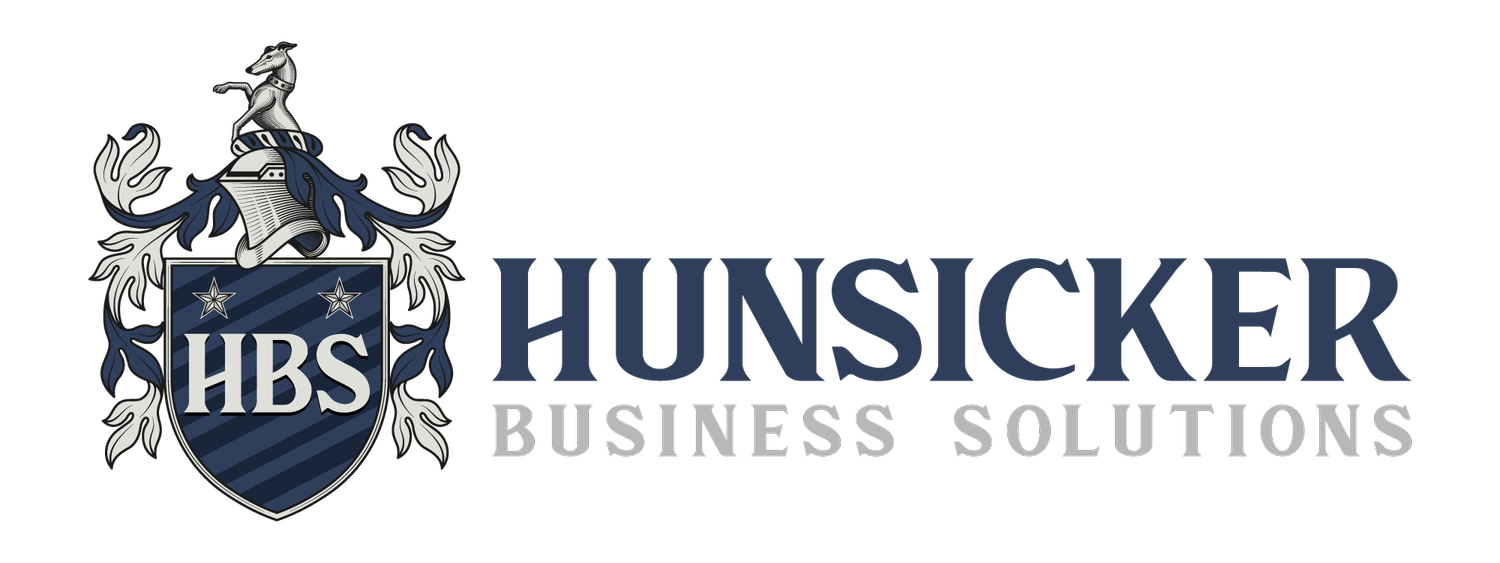Building a Strong Foundation: Key Strategies for Starting Your Business Right
Introduction
Launching a new business is an exhilarating adventure that requires more than just a great idea. Behind every successful venture is a robust foundation built on thorough planning, strategic insights, and proactive management. This comprehensive guide delves deep into the fundamental components necessary for laying a solid groundwork for your business, ensuring it is equipped to thrive in today’s competitive landscape.
The Importance of a Solid Foundation in Business
Establishing a solid foundation is crucial for several reasons, each contributing to the longevity and success of your enterprise:
Risk Mitigation: Effective foundational planning helps in identifying potential risks early, allowing for strategies to be put in place to manage them proactively.
Sustainable Growth: A well-laid foundation provides a scalable model that supports growth without the typical pains of overextension.
Investor Confidence: Investors are more likely to commit to a business with a clear, well-structured plan and solid operational systems.
Market Resilience: A strong foundation equips a business to withstand economic downturns and adapt to changing market conditions.
Key Components of a Strong Business Foundation
Expanding on the fundamental components, here are more detailed strategies for laying down a resilient business foundation:
1. Comprehensive Business Planning
An effective business plan encompasses several key areas:
Detailed Market Analysis: Use tools like Porter’s Five Forces or PESTEL analysis to understand your market environment comprehensively.
Robust Competitive Analysis: Apply frameworks like SWOT or Value Curve Analysis to gain deeper insights into your competitive landscape.
Financial Projections: Include various financial scenarios and sensitivity analyses to prepare for different market conditions.
Operational Strategies: Detail the logistics, supply chain management, and quality control measures essential for your operations.
Marketing and Sales Strategies: Develop multi-channel marketing strategies and a sales funnel that aligns with customer journeys.
2. Legal Structure and Compliance
Setting up the correct legal framework is vital for protection and operational efficiency:
Choosing the Right Entity Type: Evaluate the pros and cons of each entity type in detail, considering future growth and possible exit strategies.
Regulatory Compliance: Create a compliance checklist specific to your industry, and consider consulting with legal experts to navigate complex regulations.
Intellectual Property Protection: Develop a strategic plan for intellectual property management, including regular audits and protection mechanisms.
3. Financial Management Systems
Advanced financial management involves several strategic actions:
Accounting System Selection: Choose an accounting system that not only fits your current needs but can scale with your business.
Budgeting and Financial Controls: Implement advanced budgeting techniques such as zero-based budgeting or rolling forecasts to maintain financial discipline.
Capital Structure and Funding: Develop a comprehensive funding plan that includes equity, debt, and alternative financing options like crowdfunding.
4. Strong Brand and Online Presence
Building a compelling brand involves:
Brand Storytelling: Create a compelling brand narrative that connects emotionally with your audience.
Digital Marketing Strategies: Leverage SEO, content marketing, and digital advertising to build a strong online presence.
Customer Engagement Plans: Use CRM systems to foster customer relationships and personalize communication.
5. Human Resources
Developing a strong HR foundation includes:
Strategic Hiring Plans: Align your hiring strategy with your business goals and cultural values.
Employee Development Programs: Invest in leadership development and skill-building programs to groom future leaders.
Performance Management Systems: Implement modern performance management systems that encourage continuous feedback and agile goal-setting.
Integrating Technology for Business Foundation
Incorporate technology to enhance your business foundation:
Business Intelligence Tools: Use BI tools to gain insights from data and inform strategic decisions.
Automation and AI: Explore opportunities for automating repetitive tasks and integrating AI to improve customer service and operational efficiency.
Conclusion
Building a strong foundation for your business is a critical step that sets the tone for future success. It involves meticulous planning, strategic foresight, and continuous improvement. By focusing on comprehensive business planning, legal and financial structuring, brand development, and human resources, you can create a resilient framework that supports sustainable growth and adapts to changing business dynamics.
